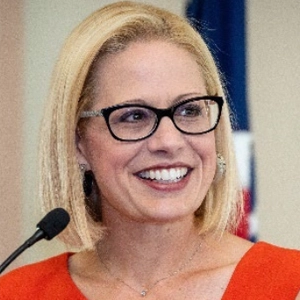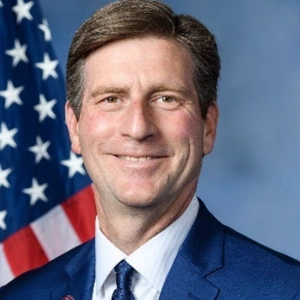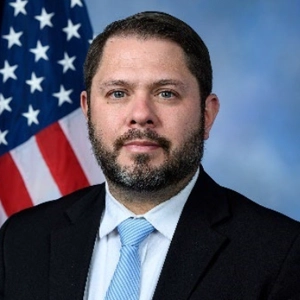Below are opinion articles from Aaron Butler, President of the Arizona Building and Construction Trades Council, posted in the Arizona Republic and Phoenix Business Journal
TSMC praised Arizona workers. Now it says we lack skills to finish its Phoenix factory
In May 2020, Taiwan Semiconductor Manufacturing Company (TSMC) announced it would invest $12 billion to build a semiconductor factory in north Phoenix, joining other companies like Intel in creating what some call the “semiconductor desert.” Shortly after, thousands of Arizona construction workers went to work bringing their years of training, knowledge and experience in advanced construction processes to build the facility with a focus on safety, efficiency and quality craftsmanship.
Now, those jobs are in danger. And it’s all being done through a legal program that allows good construction jobs to go to foreign workers — in this case from Taiwan.
Congress passed the CHIPS and Science Act, and President Biden signed it into law in August 2022. The CHIPS Act provides $280 billion in funding to boost domestic research and manufacturing of semiconductor facilities, with the focus on creating good-paying, high-tech jobs across the country, especially in Arizona.
In December 2022, President Joe Biden visited the TSMC job site in north Phoenix.
As president of the Arizona Building and Construction Trades Council, I was honored to accompany President Biden and TSMC executives on a tour to show how this state-of-the-art facility was being built by Arizona workers, many of whom are members of Arizona’s construction trade unions. During our conversation, our work was praised and I was assured that TSMC’s facility will continue to be built by Arizona workers — especially its later phases, which will benefit from CHIPS Act funding.
But there’s a loophole in the CHIPS Act. The language of the CHIPS Act ensures that these projects will be operated by American workers, but it does not require that the facilities will be built by American workers. Last month, TSMC announced that it is bringing more than 500 Taiwanese construction workers to build the facilities. They are justifying this request by claiming that somehow Arizona workers lack the training, skills and experience needed to build the facility. It’s simply not true.
TSMC claims that Arizona workers are lacking in experience and skills, and that’s why they need temporary workers to “train” Arizona workers. Yet, there’s been no communication with contractors about the types of training these temporary workers will provide, and how the training will be handled.
The truth is our workers are well-equipped and able to meet semiconductor demands right now.
The truth is our workers have built Intel for more than 20 years. Union workers complete rigorous, multi-year apprenticeship programs that include hundreds of hours of classroom training and field experience.
The members of Arizona Building and Construction Trades are asking our elected officials in the administration and Congress to stand with Arizona workers — union and nonunion — and block these foreign workers from taking American jobs — especially jobs created with our taxes.
We stood with elected officials when they praised the jobs that these projects will create, and we need them to stand with American workers as we fight to protect these jobs.
My View: TSMC should not blame US workers for Phoenix construction delays
The company also cited a lack of skilled American workers to complete the project on schedule as both a reason for their disappointing financial performance and justification to bring in hundreds of Taiwanese workers on temporary visas.
As president of the Arizona Building Trades and on behalf of over 15,000 union construction workers, thousands of whom have been building Arizona’s semiconductor factories for over 40 years, I disagree with Chairman Liu. Blaming American workers for problems with this project is as offensive to American workers as it is inaccurate.
Back in 2020, TSMC announced it would invest $12 billion to build a semiconductor factory in north Phoenix, joining other companies like Intel in creating what some call the “semiconductor desert.” Shortly after, thousands of Arizona construction workers went to work bringing their years of training, knowledge and experience in advanced construction processes to build the facility with a focus on safety, efficiency and quality craftsmanship.
Now, those jobs are in danger. And it’s all being done through a worker visa program that allows good construction jobs to go to foreign workers — in this case from Taiwan. They are justifying this move by claiming that somehow Arizona workers lack the training, skills and experience needed to build the facility. It’s simply not true.
TSMC paying foreign workers less?
While TSMC claims that these temporary workers will not replace American workers on the job, contractors and workers are being “descoped,” which is construction-speak for fired. TSMC claims that Arizona workers are lacking in experience and skills, and that’s why they need temporary workers to “train” Arizona workers.
The truth is our workers are well-equipped and able to meet semiconductor construction demands right now. The truth is our workers have built Intel for over 20 years. Union workers complete rigorous multiyear apprenticeship programs that include hundreds of hours of classroom training and field experience. The truth is that the unions I represent have supplied all of the work hours TSMC has requested, which directly contradicts TSMC’s framing of this issue as a lack of skilled American workers. TSMC has also not informed us of skills our workers are allegedly lacking or what training these Taiwanese workers will provide to our workers.
This leaves just one alternative conclusion: that TSMC is blaming its construction delays on American workers and using that as an excuse to bring in foreign workers who they can pay less.
The members of Arizona Building and Construction Trades are asking TSMC to work with us in good faith. We want this project completed on schedule just as much as TSMC does. We have thousands of members showing up to work at TSMC every day completing skilled work as assigned. Please do not misrepresent the reasons for the delay in completing the north Phoenix fabrication plant – much less the decision to bring in foreign workers.
Stand With Labor and Block TSMC From Replacing More Than 500 American Workers

Broken Promises
The CHIPS and Science Act promised to boost domestic semiconductor manufacturing and create hundreds of thousands of American jobs. D.C. politicians have given their assurance that work at TSMC’s facility will predominantly be carried out by Arizona workers, especially during its later phases, which will be supported by CHIPS Act funding.
A Slap In The Face
On June 29th, TSMC made an announcement of their plans to bring over 500 workers from Taiwan, demonstrating a complete disregard for American labor and the principles of the CHIPs Act.

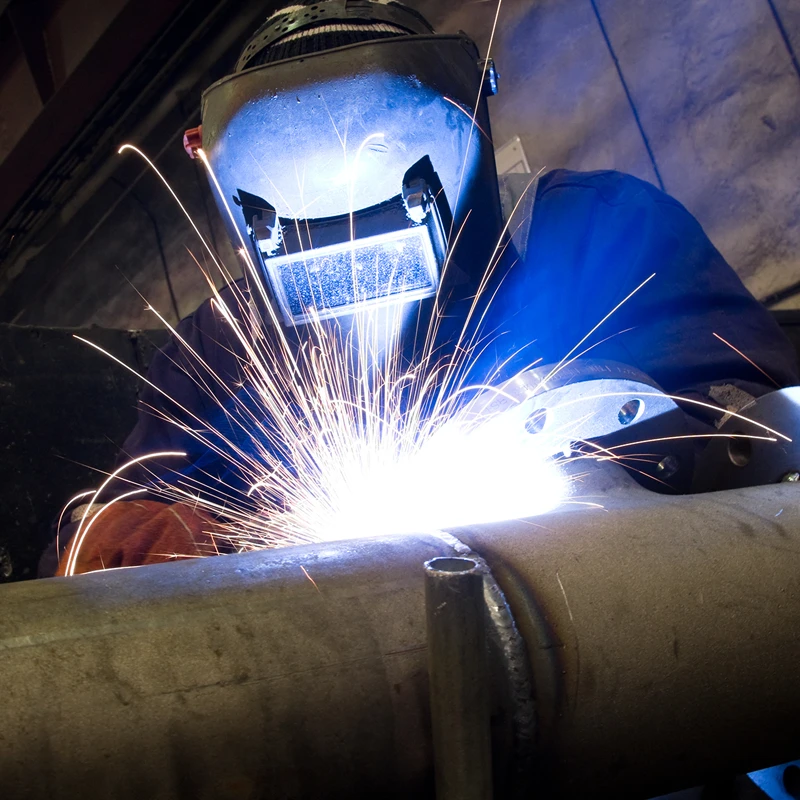
An insult to American workers
The CHIPs Act promised to amp up domestic manufacturing, generate employment opportunities, fortify supply chains, and bolster emerging industries. Instead, Arizona workers are getting the boot in favor of cheap labor, taking a major toll on American workers and their families.
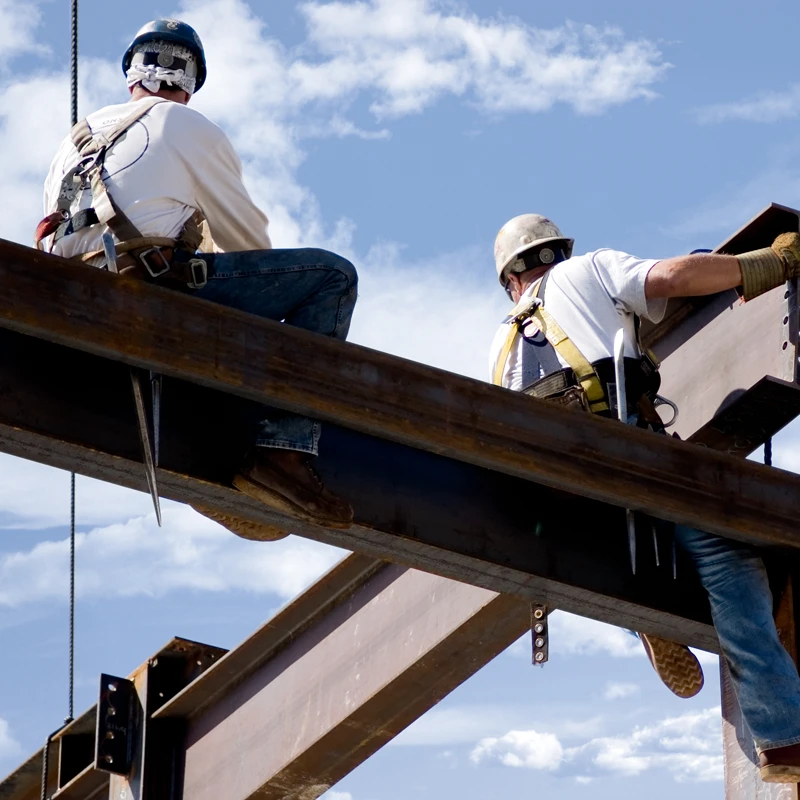
Cheap shortcuts
The Taiwan Semiconductor Manufacturing Company secured billions in federal funding through the CHIPS Act for a North Phoenix facility, money designed to create jobs and boost economic growth in Arizona. Now, the company is using it to undercut Arizona workers and exploit cheap labor.
Support American Jobs
Don’t let the $50 billion from the CHIPs Act contribute to worker exploitation. Hold TSMC and our politicians accountable and preserve Arizona’s workforce.
Hold TSMC Accountable
Reach out to your local congressional leaders to let them know that multi-billion dollar companies can’t just replace Arizona workers. Contact your Congressional Representative and tell them to BLOCK TSMC’S FOREIGN WORKER VISAS.
Paid for by Revitalize Arizona. Major funding from Residents for Accountability and Arizona Pipe Trades 469 with 0% from out-of-state contributors. Not authorized by any candidate.

